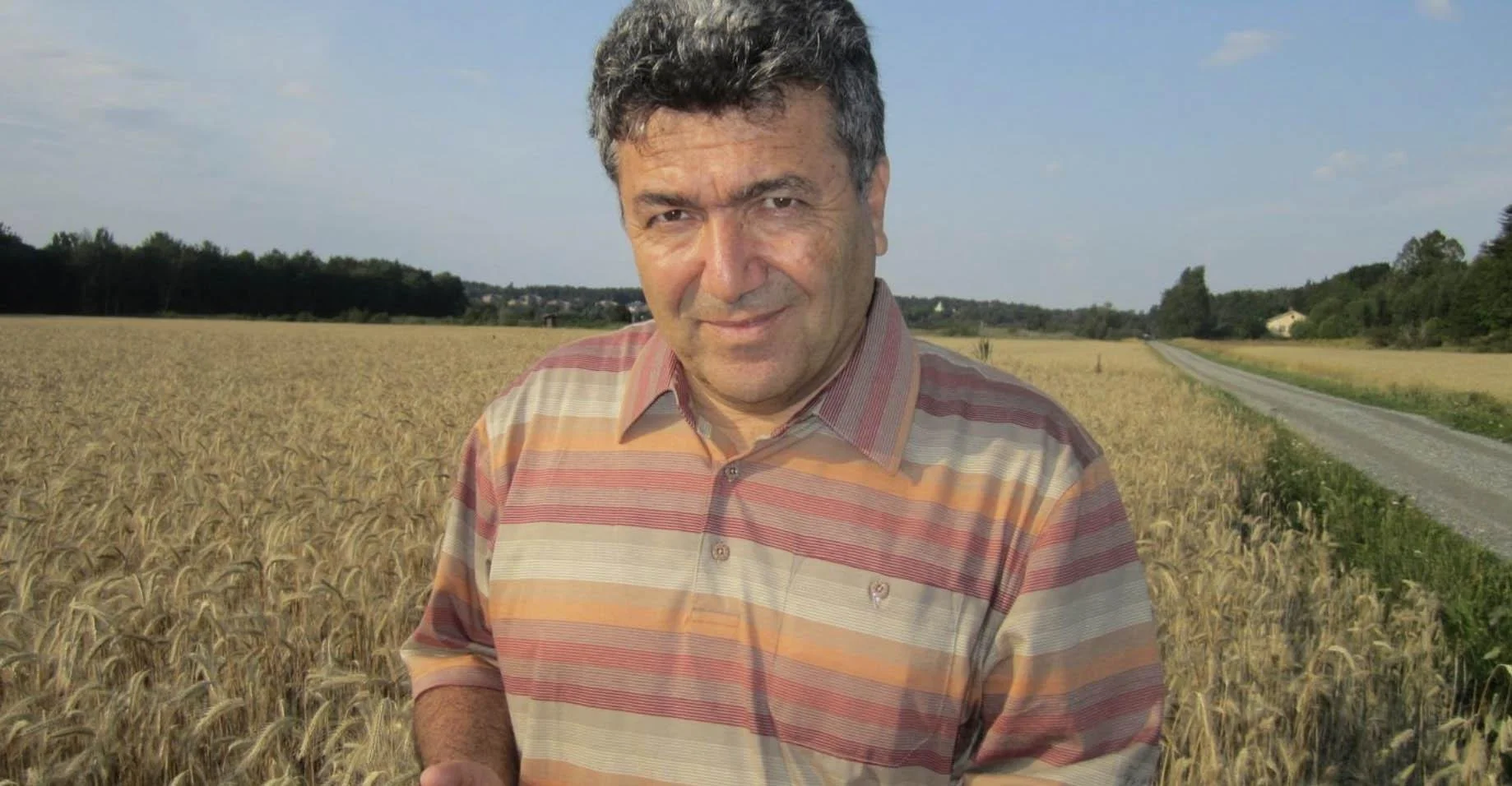Sweden: harassment of Ak Welsapar must be taken seriously
Ak Welsapar
PEN Sweden statement on the harassment of Ak Welsapar
The author and journalist Ak Welsapar, in exile in Sweden since the 1990s, has long lived under threat from the Turkmen regime. Recently the threats have been intensified.
“It is extremely serious and I expect that this escalating level of threat will be earnestly addressed by the Swedish police,” says Jesper Bengtsson, chairperson of Swedish PEN.
Before Independence in 1991 Turkmenistan was part of the Soviet Union. Since then the country has a totalitarian regime: only one party is allowed and all opposition is banned; Turkmen media are owned and controlled by the regime; television broadcasts and Internet sites are harshly censored.
During his active days as an author and journalist in Turkmenistan Ak Welsapar was subjected to persecution. Several times he was brought in for interrogation and was thereafter declared a major “enemy of the people.” His books were burned, his wife lost her job, and his son was forced to leave school. In 1994 Ak Welsapar and his family were offered a safe haven in Sweden.
During his years in Sweden he has untiringly continued to publish. He has had several books published, he has published many critical articles about his homeland, and as from 2016 he runs an Internet-based radio channel.
The harassment by the regime, however, has not ceased, and as a result of a series of articles that scrutinised the Turkmen President’s health issues, published this year, the harassment has intensified. Among other things, both his own and his children’s addresses have been published on the Internet together with direct anonymous threats. And even from within Sweden there is an escalating level of persecution.
”It is highly worrying that the regime in Turkmenistan harasses an author and journalist who has lately mainly been active in Sweden. There is an offensive tendency today for totalitarian regimes to spy on and persecute journalists and other writers even outside of their country’s borders. The police must thoroughly investigate the sources of these threats,” says Jesper Bengtsson.
Translation from Swedish: Christina Cullhed

